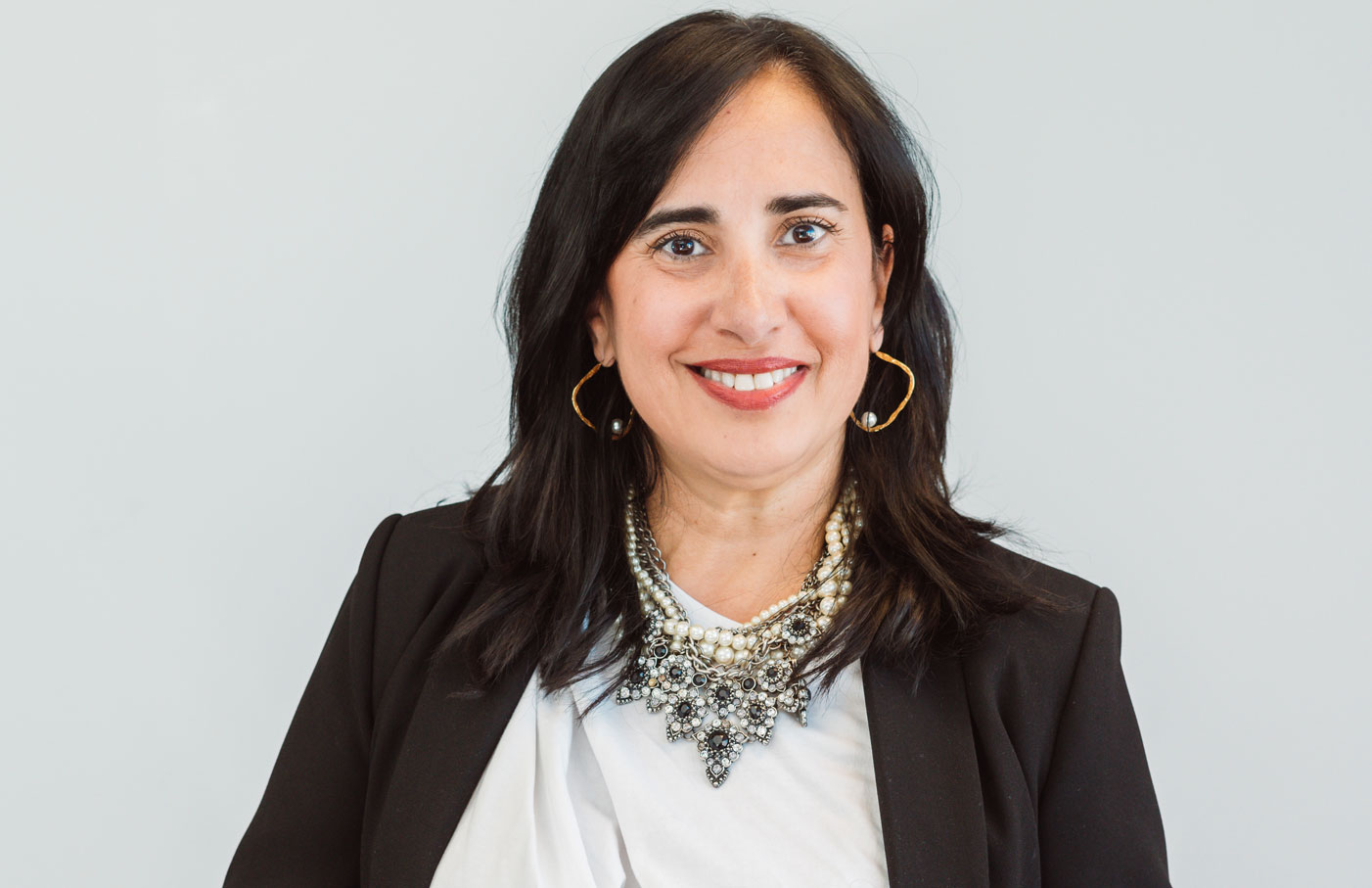Genealogy reconstructs stories and helps to prove Portuguese descent

Genealogical research helps in the recovery of birth certificates of ancestors from Portugal. Document is the main requirement for Brazilian grandchildren of Portuguese to apply for dual citizenship.
A journey through time to reconstruct the trajectories of immigrants, who landed in Brazil centuries ago, has become the key to accessing the rights inherent to descent. With genealogical research, which studies the evolution of kinship relations, Portuguese heirs are able to recover historical documents necessary for the dual citizenship process.
The discovery of the year and place of birth of his grandfather, in Portugal, was essential for economist Jefferson de Freitas to prove his Portuguese descent. The search began with the name of his grandfather, Arthur de Freitas, which was on his birth certificate. Using technology to cross-reference data, researchers from Lisbon found that Guimarães was the hometown of the Portuguese, who moved to Brazil in the 19th century and started a family in São Paulo.
From there, with the issuance of the second copy of the birth certificate, he managed to start the process for the attribution of Portuguese citizenship and now awaits the result. In Brazil, there are about five million grandchildren of Portuguese people, according to a survey of Portuguese communities. The genealogy specialist and researcher at Martins Castro, a consultancy in international mobility, Gabriel Dias, says that, throughout the 19th century, between 1890 and 1920, there was a strong migratory movement from Portugal to Rio de Janeiro, São Paulo, Pará and Rio de Janeiro. Great South.
The Portuguese arrived in Brazilian territory without birth certificates and few had passports. Another factor that hinders the documentary search of these family members is the fact that until 1911 there was no civil registration in Portugal and births and baptisms were carried out by the Catholic Church, in parishes throughout the country. Dias comments that, therefore, it is common to find Brazilians of Portuguese descent who cannot prove their descent due to lack of documentation. “Many know that the grandparents are Portuguese, but as these documents are no longer in the possession of the families, they cannot have documentary evidence of the emigrant's birthplace. And that harms those seeking dual citizenship.”
The nationality law in Portugal grants grandchildren of Portuguese people, with at least one Portuguese ancestor of the second degree in the straight line, the right to apply for the attribution of nationality. But requirements must be met. With training in registration and notary, the Portuguese lawyer specialized in nationality law, Isabel Comte explains that the birth certificate of the Portuguese ascendant is the main document for a nationality process. Without proving the origin of the relative in Portugal, it is not possible to apply to the Portuguese government.
For those who do not have access to the original documents of relatives, Dias says that technology has helped genealogy researchers in the recovery of this information. He is part of a study team that has assembled a database with more than one million metadata, which has facilitated the search for historical documents.
According to the genealogist, the high mobility of the Portuguese generated a set of notes in public administrations both in Brazil and in Portugal. Currently, these documents are spread across several locations in both countries and many descendants cannot locate them without technical support. “What we've been doing is exploring what records these are, where they are and then transforming them into data. There is a lot of information and of various natures, so it takes research and the use of technology to understand them. And, based on that, constitute the genealogical proof for the person to be able to claim their rights”.
Isabel Comte comments that the search for Portuguese citizenship grew during 2020 when more than 20,000 applications were accepted by the Portuguese government, according to the Foreigners and Borders Service (SEF). Safe mobility around the world, according to the lawyer, is one of the main benefits of dual nationality.
She says that Portugal is a country with good international relations and, as a member of the European Union, Portuguese nationals have the right to move freely, work, study and retire in any country in the bloc. “Even, having a Portuguese passport opens up many possibilities in other countries, such as the United States, Australia and Japan”, he says, recalling that Brazilian citizens who have access to dual citizenship can also pass it on as an inheritance to their children.
Published in Portal Terra

"Because of a controversy, they are changing a historical reparation," says Isabel Comte.
The proposed changes to the Nationality Law in Portugal remain at the center of public debate, even after the decision […]

"The Constitutional Court gave time, it didn't change the law," says a lawyer from Martins Castro.
The recent decision by the Portuguese Constitutional Court, which blocked key parts of the government's proposal to tighten access […]

Nationality for minor children: why is the process usually simpler?
Among the various pathways provided for in the Portuguese Nationality Law, transmission to minor children is usually perceived as a […]